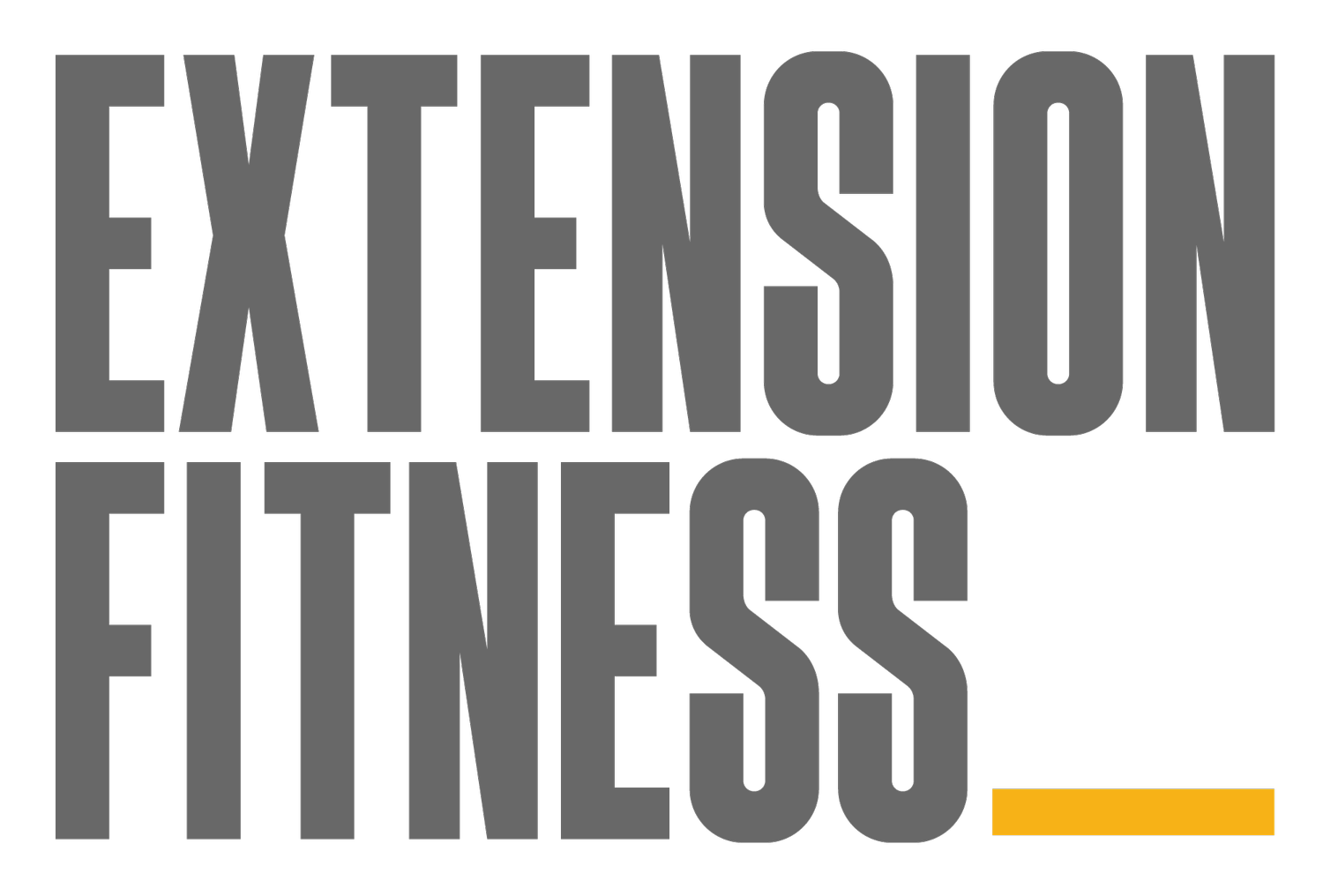Our Approach To Weight Loss
Helping Everyday People Obtain & Maintain A Healthy Weight - Using Everyday Methods
Many clients come to us with the goal of attaining or maintaining a healthy weight.
This is an important aspect of health, and we happily work with our clients to support them towards an outcome which is in their interests - from a holistic perspective.. We do like to stress, however, that it is highly beneficial to be fit and strong, irrespective of weight status. Indeed, good cardiovascular fitness and muscular strength has a protective effect against negative health outcomes due to overweight and obesity.
Some clients may seek out the services of a personal trainer to obtain a specific physique for competitive purposes (as in, they will be judged - literally - based on how they look). Or, for some people, achieving a certain ‘look’ is their predominant motivation to train - “ripped abs”, “bikini body” etc etc. If this is you, we want to be completely upfront that we are probably not the right fit for you.
Our focus is on health and physical capability - including sports performance with athletic clients (recreational and competitive). It is likely, yet not certain, that you may attain an athletic “look” through training with us (including with a focus on weight management).
However, if you are laser focused on your physique, you will be better off finding someone else to assist you.
We are about helping everyday people become fitter, stronger and healthier - not helping people to look like a model.
Our Principles
Maintaining a healthy weight is an important aspect of health
Striving to achieve a standard that is held out by the media and popular culture is typically unrealistic, unhealthy and psychologically damaging. We actively discourage our clients from comparing themselves with pop culture ideals.
Maintaining a focus on your body’s capability, not appearance, is a healthy way to approach the challenge of maintaining a healthy weight in the long term.
Long term behaviour change regarding food selection and physical activity is critical in healthy weight management.
Food is a wonderful, vital part of any culture. We want to help you to enjoy your food in a way that enhances your physical health and spiritual wellbeing.
Our Approach
Here are the steps we like to take people through in the process of weight management:
Step 1: Set The Scene
First, we ask why weight management is important to each client and ask about any specific weight management goals they have. We also ask about medical, psychological and social factors which may influence weight management or behaviour related to food. If referral to a medical or dietetics professional is needed, we discuss a plan to make this happen. In this part of the process, we stress these factors:
Nowadays, due to mechanised transport and labour, we use A LOT less energy than we used to in our jobs and getting from A to B.
We have heaps of very tasty, energy dense food at our fingertips constantly, and much of it is low in nutritional value.
It is a challenging and somewhat bleak picture. But we need to come to terms with it to move forwards.
Step 2: Identify The Inputs
This involves a period of tracking what the client eats, and in what quantities. It is preceded by selecting a tracking method you feel will work for you and become familiar with the process. Typically, we ask clients to familiarise themselves with the process only (and an app they want to use - either MyFitnessPal or Cronomoter) over one weekend, and then track for a one week period commencing the following weekend.
Step 3: Review The Inputs
The information gathered from the tracking process is used to evaluate these areas:
How is the diet in terms of nutrition? Are healthy foods being selected?
How is the diet in terms of energy needs? Is it possible there may be a mismatch between energy intake and output?
Are there lifestyle factors which may contribute to poor weight management? (e.g. excessive stress, poor sleep)
Are processed foods being selected to an unhealthy degree?
Is the diet high in processed sugar, alcohol and/or unhealthy fats?
Is a sufficient amount of dietary fibre being consumed from fresh fruit, vegetables and whole grains?
What is the energy density of foods selected in the diet?
What is the glycaemic index of foods selected in the diet?
Step 4: Formulate A Plan
Once we have a picture of where the client is at, together we come up with a strategy to help them progress. This is tailored to individual needs and circumstances.
Step 5: Review Progress
In the course of training, we check in regarding how the client is travelling in executing the plan. We may, at some point, repeat the tracking process.
Our Management Strategies
Management strategies are tailored to each client, but broadly speaking we like to recommend the following:
Minimise processed sugars, alcohol and junk foods
Maximise fresh fruit and vegetables (especially non-starchy vegetables) and unprocessed foods in general
Maximise low GI foods / minimise high GI foods
Maximise high fibre foods, e.g whole grain over white, fresh fruit not fruit juice
Consider whether a period of lower social activity may be helpful to re-set the current approach to nutrition and to re-set habits
Identify behavioural challenges and formulate strategies to address them (e.g. eating way beyond fullness, excessive alcoholic drinks)
What If It Doesn’t Work?
Many people are able to achieve and sustain a healthy weight from manipulating diet and movement. However, some people are not able to do this. This can be for many reasons. There may be a hormonal disorder or some medical reason affecting body weight / body fat. It could be that there are substantial psychological barriers which may take a long time to resolve. For these reasons, we try to work collaboratively with your doctor and local, high quality dieticians.

